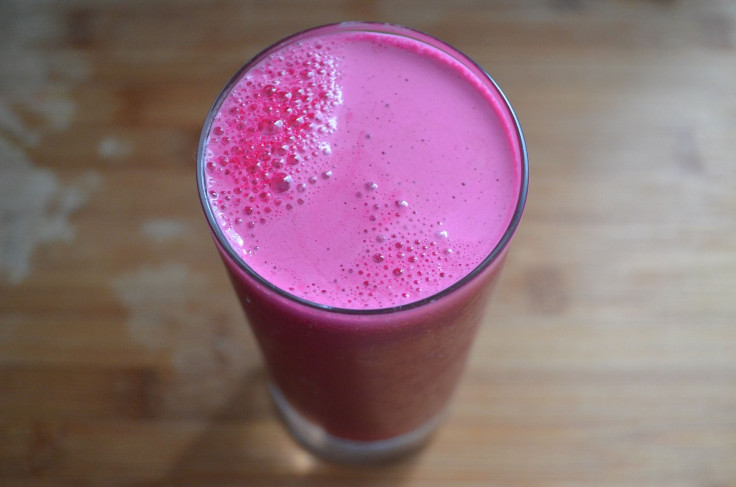Health Benefits Of Beets: Beet Juice May Protect You From Altitude Sickness, Among Other Things

Hiking a mountain in Colorado when you’re used to lower sea levels can be quite difficult — not only because hiking is tough, but because high altitudes have a powerful effect on the human body. Due to thinner air and lower oxygen that high up, we experience altitude sickness, feeling fatigued, short of breath, and sometimes even nauseous.
Over time, our bodies will acclimate to high altitudes, but it can take days, weeks, or even months. If you want to climb a mountain and you’re willing to power through the altitude sickness, researchers are now suggesting to bring some beet juice with you; in a new study, they found it to provide health benefits in low oxygen environments.
“Next time you plan a trip at high altitude, maybe it is worth carrying a bottle of beet juice in your packpack,” Dr. Svein Erik Gaustad, an author of the study and a professor at Norwegian University of Science and Technology, said in the press release. “It may be the extra boost your body needs to deliver enough oxygen to your tired muscles and keep you healthy when you are climbing a high mountain.”
In the study, the team of Norwegian and Swedish researchers tested how beet juice affected trekkers on a 39-day expedition to Kathmandu and the Rolwaling Valley, both of which are in Nepal. They focused primarily on blood vessel function in the body, which relies on a naturally produced compound, nitric oxide (NO). At high altitudes, our bodies are less likely to produce enough NO because it requires plenty of oxygen. That’s where beet juice comes in; it’s packed with nitrate, a compound that the body can use to convert into NO.
The researchers measured the blood vessel function of participants at high altitudes while drinking beet juice and found that it actually restored blood vessel function to normal.
While this is the first study to examine the effect of beets on altitude sickness, it’s certainly not new that beets are good for you. They’ve been found to lower your blood pressure, fight inflammation, and provide you with plenty of fiber, vitamin C, potassium, magnesium, and B vitamin folate. One recent study out of Queen Mary University of London found that drinking beetroot juice daily reduced blood pressure among patients with high blood pressure. Another study found that drinking beet juice before working out actually boosted people’s performance and improved their stamina and energy — along with relaxing their blood vessels, making things easier for the heart, and delivering oxygen more effectively to muscles.
Beets may not be your favorite vegetable, but it would be beneficial for you to add them into your diet — whether as toppings on your salad, in a big bowl of borscht, or in juice.
Source: Bakker E, Engan H, Patrician A, Schagatay E, Karlsen T, Wisløff U. Acute dietary nitrate supplementation improves arterial endothelial function at high altitude: A double-blinded randomized controlled cross over study. Nitric Oxide: Biology and Chemistry. 2015.



























